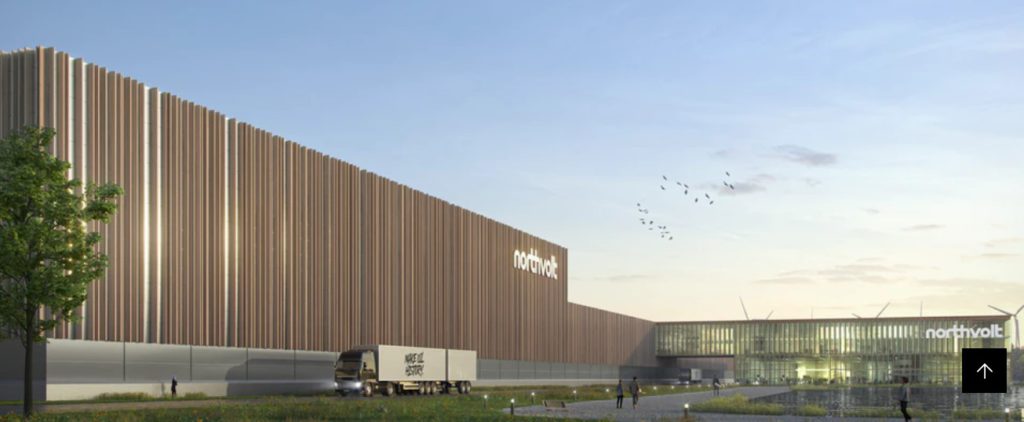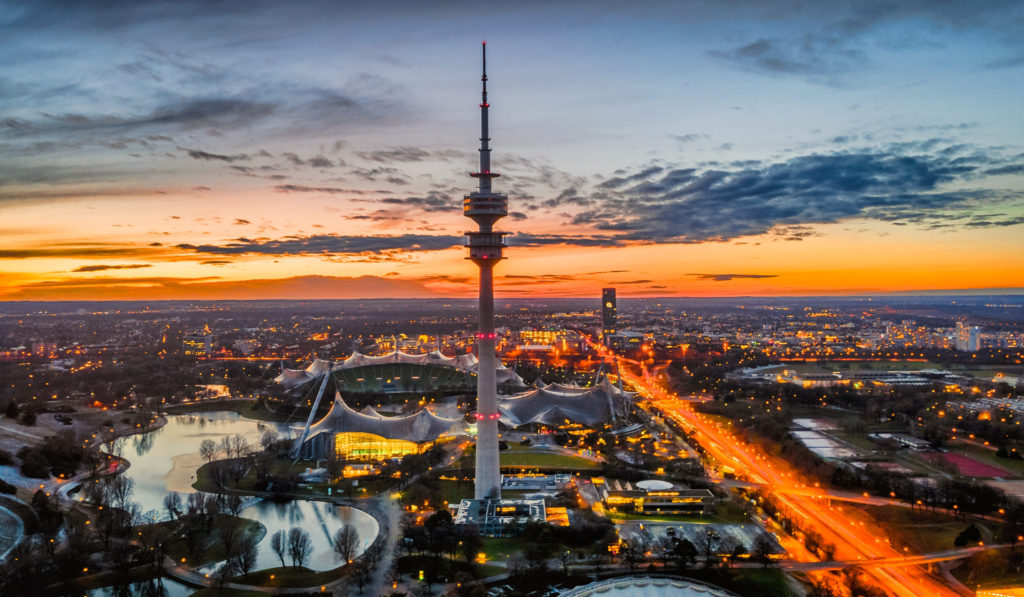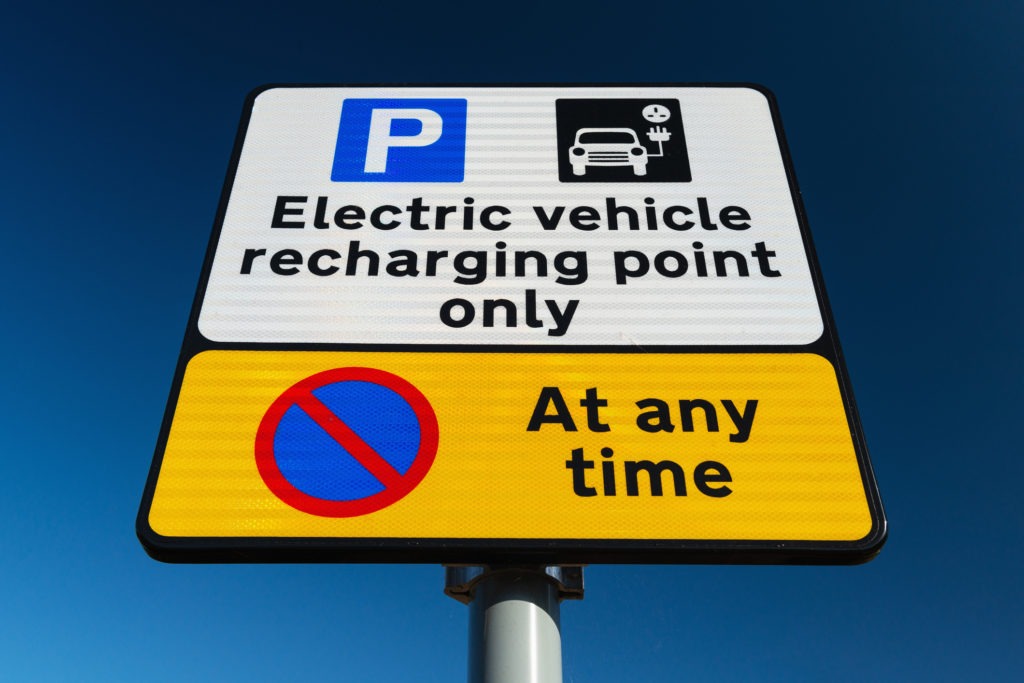This week’s automotive headlines – 19 March 2022
19 March 2022

Autovista24 looks at some of the biggest headlines in the automotive industry from the past seven days. In this week’s round-up, Jaguar Land Rover’s (JLR’s) off-grid electric-vehicle (EV) charging solution, Mercedes-Benz opens a US battery plant, Thailand’s new EV tax breaks, Audi’s cycle avoidance system, Geely’s HGV battery swap trial, and Sono’s Sion is one step closer to production.
JLR’s off-grid EV charging solution
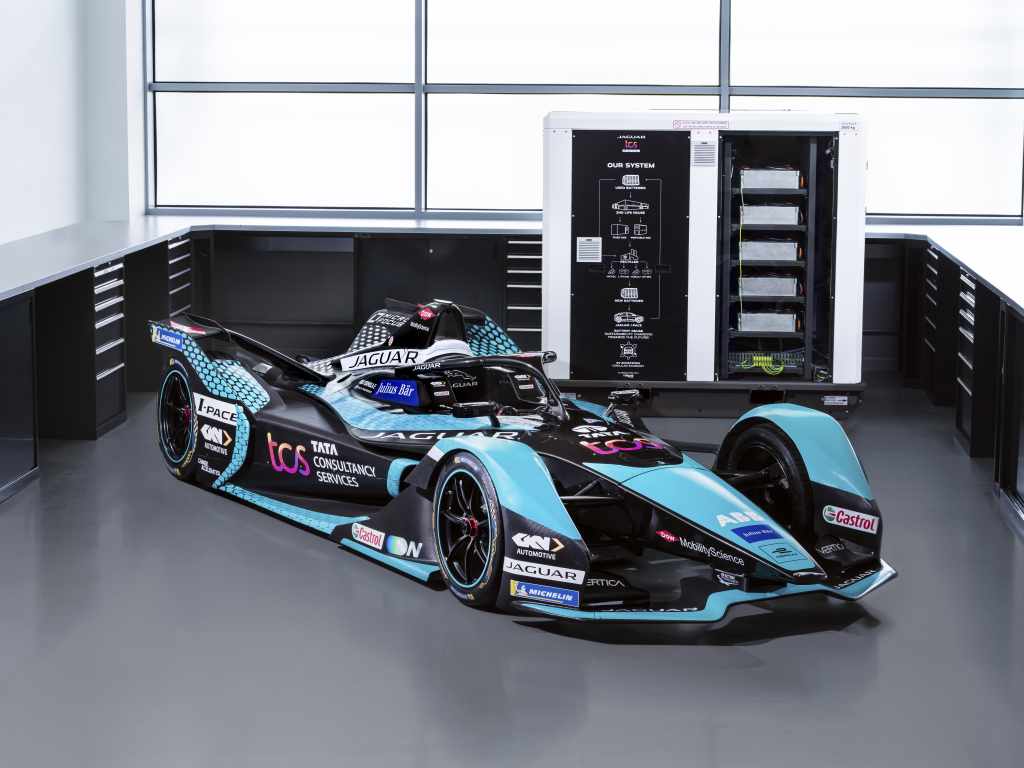
JLR has joined forces with Pramac to develop a portable, zero-emission energy storage solution. Central to the Off-Grid Battery Energy Storage System is technical input brought to the table by Pramac, a leader in the energy sector and a name well known to fans of MotoGP as main sponsors of the satellite Pramac Ducati team. The technology features lithium-ion cells from Jaguar’s I-PACE battery-electric vehicle (BEV) and provides zero-emission power where access to the mains supply is limited or unavailable. Charged from solar panels, the self-contained unit consists of a battery system linked to a bi-directional converter and the associated control management systems. The JLR-Pramac collaboration has a capacity of up to 125kWh and uses up to 85% of the vehicle battery supplied by JLR with the remaining materials recycled back into the supply chain. The system has already been utilised by Jaguar TCS Racing, to prepare for the 2022 ABB FIA Formula E World Championship during testing in the UK and Spain. According to JLR, it could potentially power an average family home for a week.
Mercedes-Benz opens new US battery plant

Tuscaloosa, Alabama, USA is the home to Mercedes-Benz’ newest battery plant, built to produce batteries for the all-electric Mercedes EQS SUV and EQE SUV. The Bibb County facility extends the German carmaker’s billion-dollar battery production network across three continents, encompassing Kamenz and Stuttgart in Germany, Beijing China, Bangkok Thailand, and Jawor Poland. The new plant will see Mercedes-Benz partner up with Envision AESC, one of the world’s leading battery technology companies, to supply components, and more generally, underline the automotive manufacturer’s plans to be fully electric by 2030. ‘Our team here in Tuscaloosa plays a major role in the global success of Mercedes-Benz,’ stated Michael Goebel, head of production in North America and president and CEO of Mercedes-Benz US international. ‘We are proud that not only the new all-electric EQS SUV and EQE SUV are being built here in Alabama for markets worldwide, but also their high-performance batteries.’
Thailand’s EV boom
Thailand’s government has approved significant tax incentives intended to promote a nationwide shift towards electrification. It is part of a wider zero-emission vehicle policy scheme, with a goal of ensuring 30% of Thailand’s total automotive production is made up of EVs by 2030. The measures are intended to cut tax on EVs and provide a more attractive market for foreign investment. This includes a reduction of import duty in 2022 of much as 40% for completely built EVs priced up to 2 million baht (€54,000), and by 20% for those priced between 2 million and 7 million baht. Excise tax on imported EVs will be cut to 2% from 8%, and more widely, income tax rates have been dropped dramatically from 35% to 17% for skilled foreign professionals in targeted industries. As a significant hub for vehicle manufacturing, Thailand produces around two million vehicles per year, and eligible manufacturers will receive subsidies to build EVs, ‘to encourage investment and employment,’ according to finance minister Arkhom Termpittayapaisith.
Audi’s hi-tech cycle avoidance system
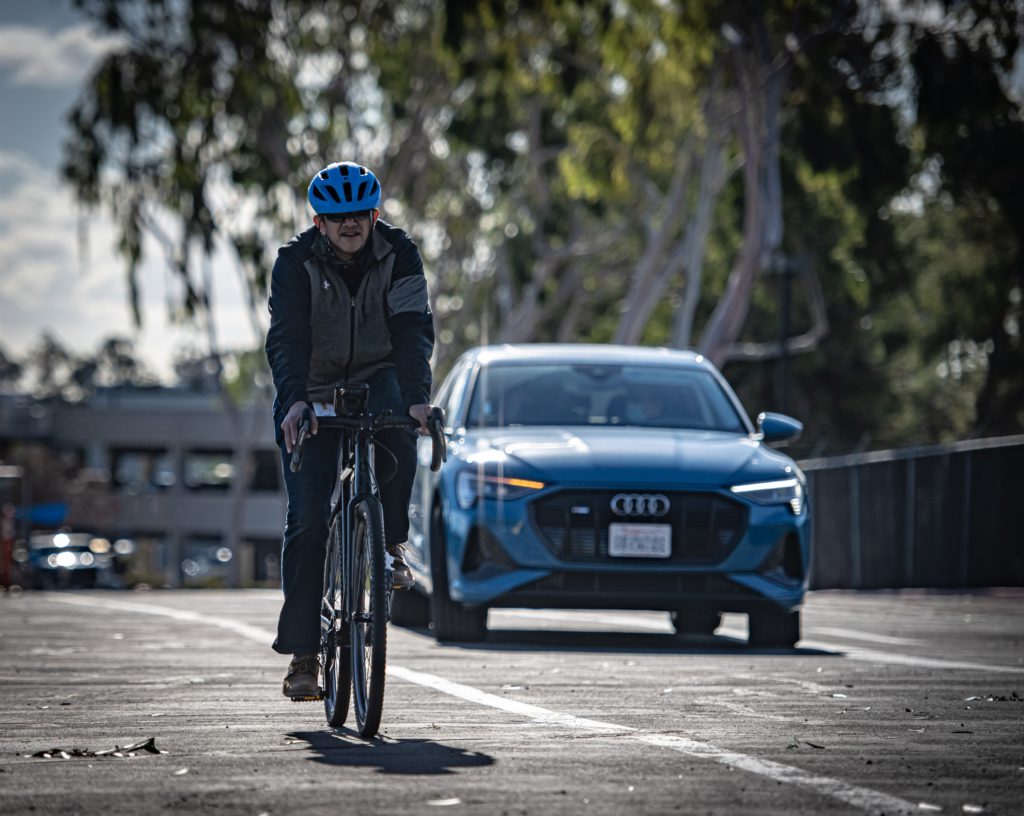
Audi of America has announced its collaboration with a series of companies to develop in-vehicle software systems that recognise cyclists and vulnerable road users (VRUs) to reduce collisions. It has been working with Spoke, a mobility platform for safety and connectivity, Qualcomm Technologies, and Commsignia, on its cellular vehicle-to-everything (C-V2X) development, which the German carmaker has been developing since 2020. The system uses both direct vehicle-to-bicycle communication, allowing vehicles to read their surroundings and identify when bicycles are nearby. C-V2X independently shares safety information and broadcasts over cellular networks. It is designed to be the automotive industry’s first reliable, robust connected system to offer secure, direct communication for contextual awareness and alerts between drivers and cyclists. The first public demonstration of the technology with an Audi e-tron Sportback will be take place between 21-23 March at the PeopleForBikes Bicycle Leadership Conference in Dana Point, California.
Geely scale up the art of EV battery swapping
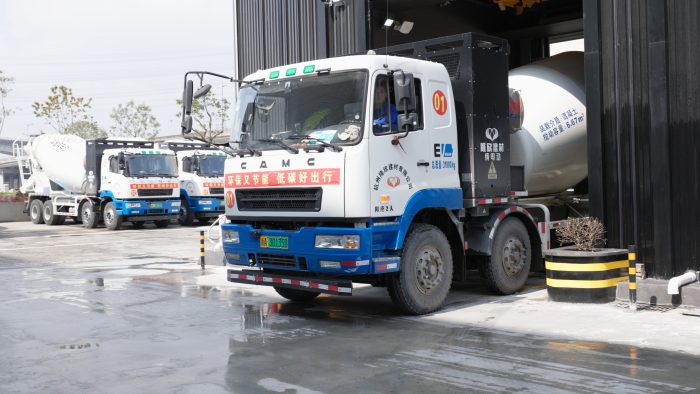
Some carmakers want to circumventing the need to charge EV batteries by developing a way of simply swapping them instead battery. Last year, Chinese multinational automotive company Geely debuted its battery swapping for ridesharing cars, and have followed up by applying this technology to heavy good vehicles (HGVs). One trial is focusing on cement mixers, with the main battery pack located behind the cab. It is swapped using an industrial crane to lift the three-tonne-plus battery which stores 280kWh of power, around three to four times that of a standard consumer EV. This provides a range of roughly 190km whilst also powering other functions such as the mixing of cement. Drivers simply reverse into a battery warehouse, present a QR code to begin the swapping process, and according to Geely, it is all done in around five minutes.
Sono’s Solar Sion one step closer to a road
Automotive startup Sono Motors has announced it is building 37 prototypes of its BEV. Labelled the Sion, the series-validation models mark the third development iteration of the family-aimed car, and will feature a liquid-cooled 54kWh battery with a projected range of around 305km. The solar panels incorporated into the roof of the vehicle extending the range to a possible 112km in optimal conditions. Bidirectional charging technology will complement the car’s solar integration and is designed to enable the Sion to power electronic devices, the home, or other electric cars with an output of up to 11kW. ‘The start of the series testing phase is yet another step on our way to climate-friendly mobility of the future. The fleet of validation vehicles now follows our successful second-generation prototype program and paves the way for planned series production next year,’ said Jona Christians, CEO and co-founder of Sono Motors.
